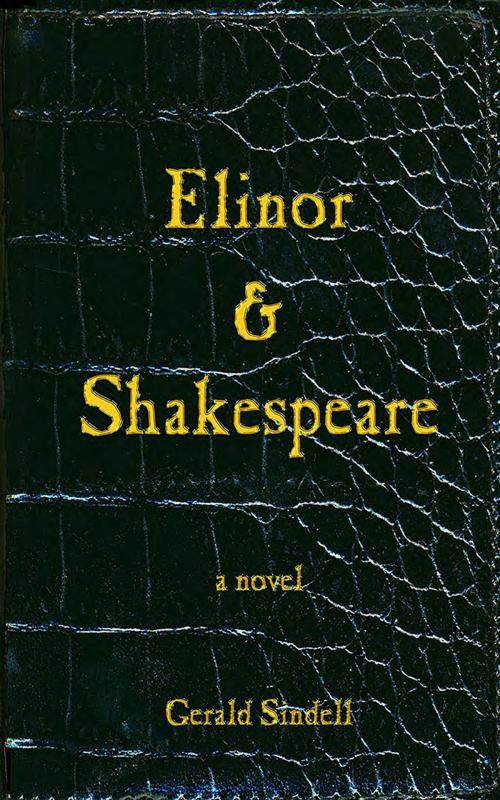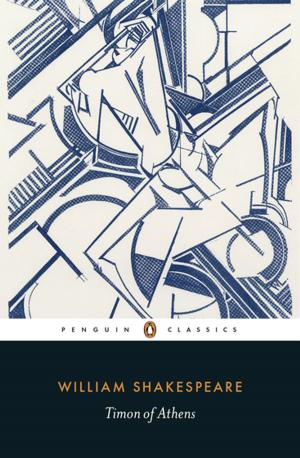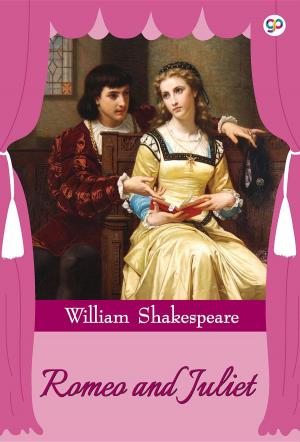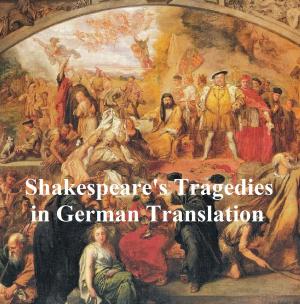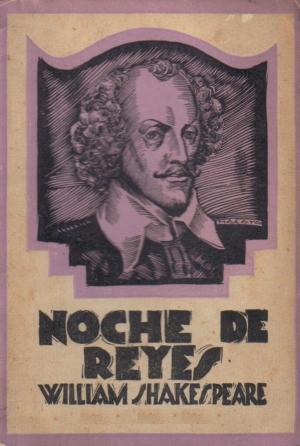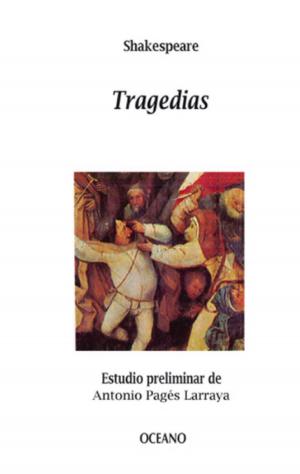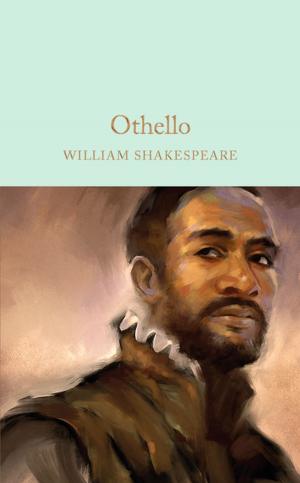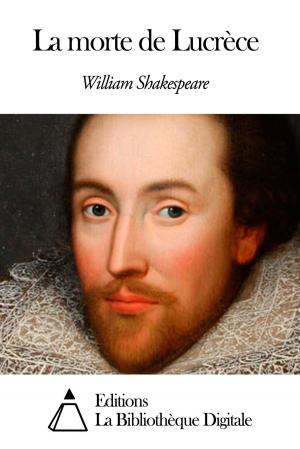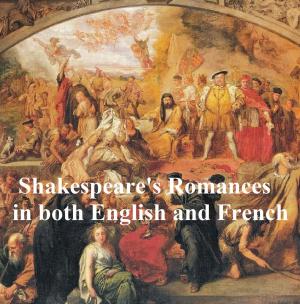Elinor & Shakespeare
Fiction & Literature, Literary Theory & Criticism, British, Nonfiction, Entertainment, Drama, Shakespeare| Author: | Gerald Sindell | ISBN: | 9781561290055 |
| Publisher: | Knightsbridge Publishing | Publication: | June 18, 2018 |
| Imprint: | Knightsbridge Publishing | Language: | English |
| Author: | Gerald Sindell |
| ISBN: | 9781561290055 |
| Publisher: | Knightsbridge Publishing |
| Publication: | June 18, 2018 |
| Imprint: | Knightsbridge Publishing |
| Language: | English |
The great American scholar Harold Bloom, in his study of Shakespeare, offered that Shakespeare did not just write some of the greatest plays and characters of all time, but that Shakespeare created a new human being, one that had not existed before, and which we have all become — modern man. This is the story of how it might have felt to be with Shakespeare in 1593 when the plague had closed the London theatres and he headed north with a company of actors known as Pembroke's Men.
Also leaving London was Dr. Elinor Sneshell, (as real in history as Shakespeare) who, in this story, is pursuing her unfolding understanding of the mechanism of the spread of the plague. As each heads north, with the company trying out new Shakespeare plays, Elinor and Shakespeare's paths cross. It is through their love story that we see Shakespeare's drive to show his new vision of the human experience.
Also, as the company gets as far north as Sheffield, odd King James the VI of Scotland crosses paths with Shakespeare. and as an author himself (the authoritative work on how to torture witches) James becomes fond of Shakespeare.
Only a few years later, both are back in London and the theatres are in fear of being banned by the new King (James VI of Scotland is now James I of England.) Instead of closing the theatres, only weeks after his coronation, James grants Shakespeare’s company ‘The King’s Men’ a royal warrant that will insure their prosperity.
King James's pet project is a new translation of the Bible, which has taken his name ever sine. In looking for the greatest poet in England, and one who owes him a favor, imagine who the King chooses to guide the project?
The story ends in London, where Dr. Sneshell has been Surgeon to the Royal Court, and Shakespeare has transformed the theatre for all time. For a moment, they have each other in a moment of deep joy.
The great American scholar Harold Bloom, in his study of Shakespeare, offered that Shakespeare did not just write some of the greatest plays and characters of all time, but that Shakespeare created a new human being, one that had not existed before, and which we have all become — modern man. This is the story of how it might have felt to be with Shakespeare in 1593 when the plague had closed the London theatres and he headed north with a company of actors known as Pembroke's Men.
Also leaving London was Dr. Elinor Sneshell, (as real in history as Shakespeare) who, in this story, is pursuing her unfolding understanding of the mechanism of the spread of the plague. As each heads north, with the company trying out new Shakespeare plays, Elinor and Shakespeare's paths cross. It is through their love story that we see Shakespeare's drive to show his new vision of the human experience.
Also, as the company gets as far north as Sheffield, odd King James the VI of Scotland crosses paths with Shakespeare. and as an author himself (the authoritative work on how to torture witches) James becomes fond of Shakespeare.
Only a few years later, both are back in London and the theatres are in fear of being banned by the new King (James VI of Scotland is now James I of England.) Instead of closing the theatres, only weeks after his coronation, James grants Shakespeare’s company ‘The King’s Men’ a royal warrant that will insure their prosperity.
King James's pet project is a new translation of the Bible, which has taken his name ever sine. In looking for the greatest poet in England, and one who owes him a favor, imagine who the King chooses to guide the project?
The story ends in London, where Dr. Sneshell has been Surgeon to the Royal Court, and Shakespeare has transformed the theatre for all time. For a moment, they have each other in a moment of deep joy.
